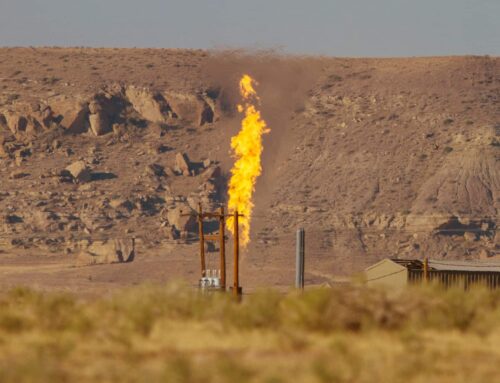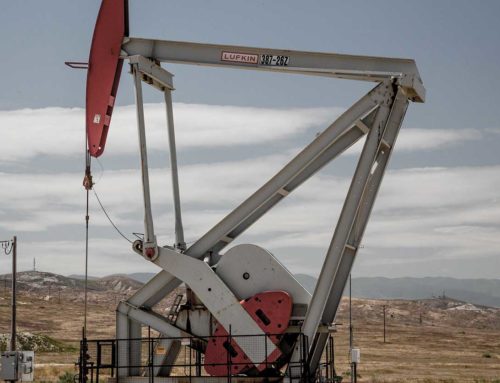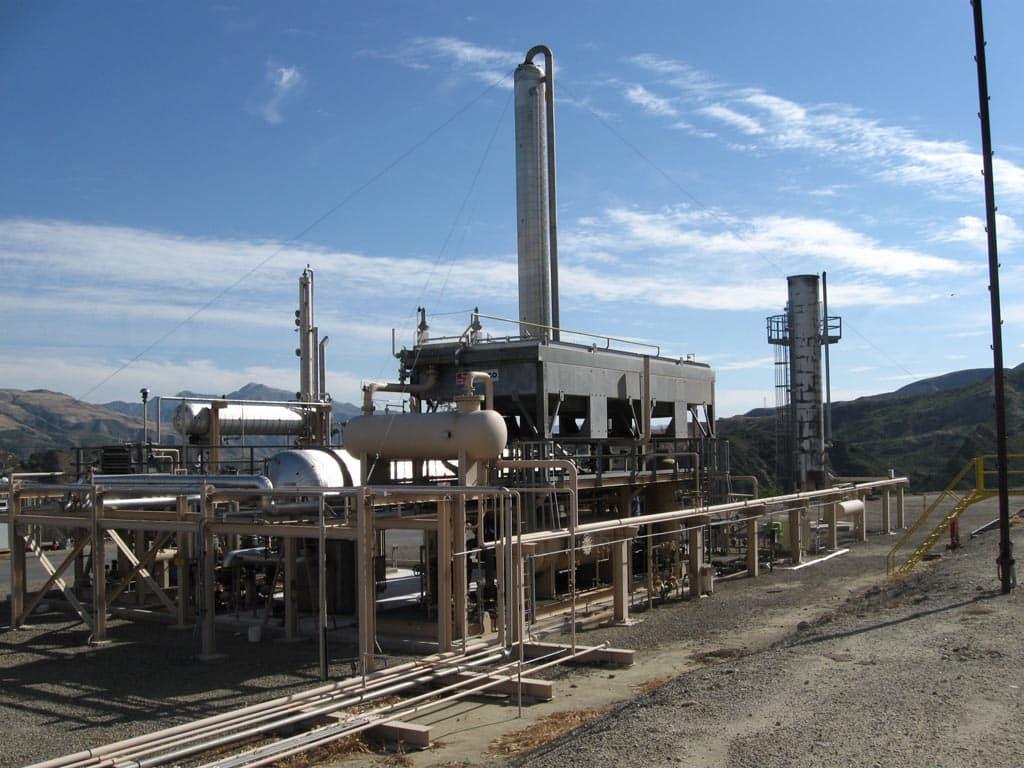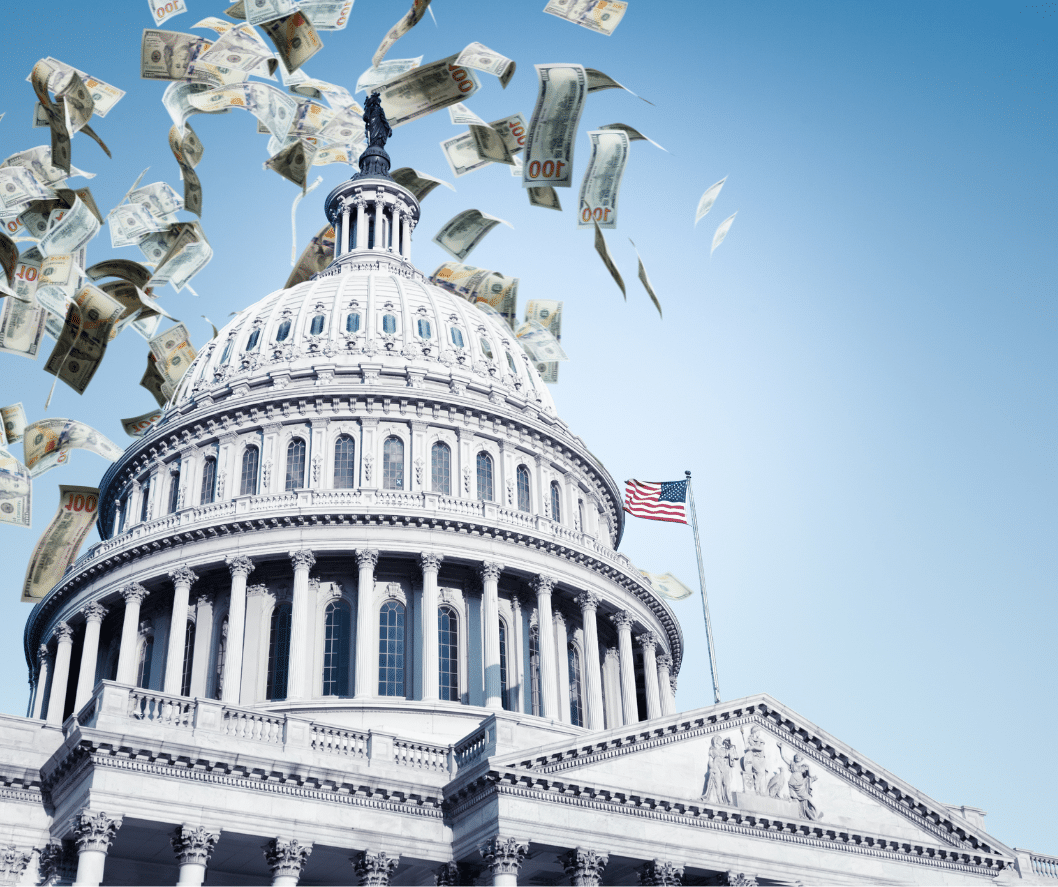While combatting climate change wasn’t the top goal of the Senate’s bipartisan infrastructure framework, it is certainly a priority. Case in point: the recently-released bill contains a specific section dedicated to climate change (Subtitle D under Title I – Federal-Aid Highways). However, subsidizing biomass energy won’t get our country any closer to the President’s climate goals. While using biomass feedstocks for heat and power was intended to reduce greenhouse gas (GHG) emissions and move the U.S. away from fossil fuels, in reality, federal subsidies for the industry have done more harm than good.
The bipartisan infrastructure framework contains a few sections on the promotion of biomass energy:
Biomass Provisions
Sec. 80402. Carbon Dioxide Capture Facilities
- Biomass converted into hydrogen is eligible for the program.
- The definition of eligible biomass is somewhat narrowed for forestry and agricultural feedstocks (any agricultural or plant waste– instead of crops themselves – in addition to byproducts of wood or paper mills or other products of forestry maintenance – not whole trees, for instance), but taxpayers should be concerned about any more federal incentives for carbon capture facilities.
Community Wood Energy Program and the Wood Innovation Grants Program
- Up to $12 million could be provided each year from Fiscal Year 2022-2026 for grants under the State and Private Forestry appropriation (within the US Forest Service), specifically for the “purposes of creating incentives for increased use of biomass from National Forest System lands.” However, without any requirements about biomass sources meeting certain GHG reduction criteria, the government program could further subsidize biomass energy sources that increase – instead of decrease – GHG emissions.
- Expanded in the 2018 farm bill, the program has awarded subsidiesin the past to sawmills, biochar plants, paper manufacturing companies, and a furniture company that installed a new wood boiler. Similar subsidies for the Biomass Crop Assistance Program (BCAP) have wasted taxpayer dollars.
Moreover, the U.S. already subsidizes biomass through the tax code, various U.S. Department of Energy and Agriculture programs, and others. The last thing taxpayers need is more duplicative subsidies that have no place in an infrastructure bill.
Last but not least, it is worth mentioning that the infrastructure framework (at least as of now, before amendments have been filed) does not include any biofuels infrastructure subsidies that have been requested in recent months from the industry’s lobbyists. Midwestern Senators requested the inclusion of subsidies for ethanol blender pumps – specialized pumps that dispense higher blends of ethanol – and new fuel storage tanks. Stay tuned to see if this holds.










